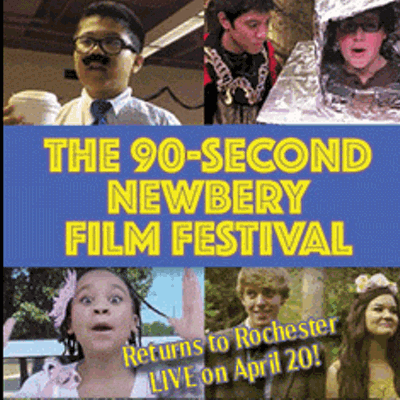[
{
"name": "500x250 Ad",
"insertPoint": "5",
"component": "15667920",
"parentWrapperClass": "",
"requiredCountToDisplay": "1"
}
]
Culture, including popular culture, follows the flag. Just as the British Empire in its greatest hour assured the dominance of English literature in the 19th century, so in our own day has American popular music, dress, and film prevailed in almost every area of the globe. Tom Cruise's toothy smile beams from posters in Helsinki, Chinese teenagers listen to rock and rap, and blue jeans constitute accepted style everywhere. The rise of the American empire, like it or not, even threatens to overwhelm the art, the expression, the identity of other cultures.
Despite the decline of once-thriving national film industries, especially in Europe, Hollywood has not quite yet entirely obliterated foreign cinema. Even in emerging nations without a grand history of production, a new self awareness can sometimes inspire filmmakers to reflect an equally new sense of identity. Tsotsi, which recently won the Academy Award for best foreign film, indicates something of a new spirit in South Africa, a relatively old country with a relatively new form of government.
The movie, which features a cast of actors whose names nobody in America would recognize, tells a simple, straightforward story with a noticeable absence of special effects or the sort of slickness that most contemporary audiences expect. Filmed in a black township --- i.e., a large, crowded slum --- in Johannesburg, it shows a brief, violent period in the life of a young thug named Tsotsi (Presley Chweneyagae) who commits some serious crimes and hurts a number of innocent people. Ultimately, however, transformed by the need to care for an utterly dependent human being, he acquires a greater humanity, learning something like compassion and what one of his gang members calls decency.
At the beginning of the film Tsotsi and the crew he leads rob a man in a crowded commuter train, but Tsotsi takes the robbery a step further and stabs the victim to death. When Boston (MothusiMagano), one of the gang, sickened by the deed, berates him, Tsotsi beats his friend savagely and runs off to commit a new crime. He steals a car and, when the owner tries to stop him, shoots her; when he crashes the car he discovers a baby on the back seat, the great fact that will change his life.
Impulsively, Tsotsi brings the infant back to his shack, and finds that the baby's needs somehow awaken a response in him. In some comically clumsy ways, he attempts to care for his new charge and eventually enlists, at gunpoint, a local young mother to nurse him. A series of brief flashbacks explain something of Tsotsi's personality and conduct and suggest his motivation for keeping the child and, more important, naming him.
As the police search for the abductor, whose shooting has left the mother partially paralyzed, Tsotsi and his gang return to the victim's house. But while his mates search for valuables, he fills a bag with diapers, toys, and stuffed animals. Although that robbery ends in another murder and an increasingly desperate situation for Tsotsi, it also paradoxically establishes some semblance of goodness in the young man. At the end of the film his commitment to the baby leads to some measure of redemption, a sense that he can for once do the right thing and save a life rather than destroy one.
The movie's fidelity to its squalid location and the convincing reality of its people compensate for its lack of sophistication and polish. Since the action follows an obvious course and the director relies on strong, clear visual storytelling, the subtitles translating the unfamiliar mixture of languages like Zulu and Afrikaans seldom seem really necessary, a most refreshing departure from the talkiness of so many foreign films.
The camera also, however, lingers far too long on the faces of the actors, who often simply look at each other for long periods, as if trying to make up their minds about a speech or a gesture. The heavy-handed technique needlessly overstates the emotion of the film's situations, adding false melodrama to several naturally tense of moving encounters. Tsotsi often seems crude and oversimplified, but its themes and contexts, and more importantly its national origin and its appearance here, represent an important step for South African film.
Tsotsi(R), written and directed by Gavin Hood, is playing at Little Theatres.
Latest in Movie Reviews
More by George Grella
-

Film Review: "Cake"
Jan 26, 2015 -

Film Review: "American Sniper"
Jan 19, 2015 -

Film Review: "Inherent Vice"
Jan 12, 2015 - More »





